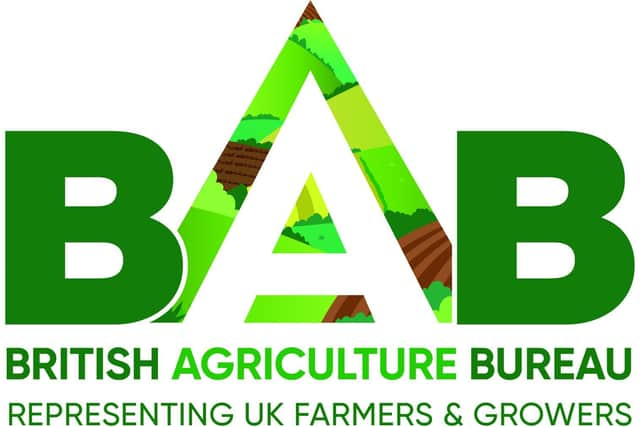Agreement is reached on Ukrainian imports
and live on Freeview channel 276
The Commission has agreed to take emergency safeguard measures on imports of wheat, maize, rapeseed and sunflower seeds in a first step, and will analyse the market further before deciding whether additional products should be added to the list. The EU will also support the countries with a further €100 million aid package funded from the Crisis Reserve, this is on top of the €56 million previously allocated.
Meanwhile, talks continue about extending the Black Sea grain initiative that is due to expire on 18 May.
Advertisement
Advertisement
Russia has issued a list of demands it says must be met before it will consider extending the agreement. Analysts estimate that Ukraine exported 8.4 million tonnes of wheat between July and December last year — about half what the country exported during the same period in 2021


The Commission has proposed to renew and expand the suspension of import duties and quotas on Moldovan exports to the European Union for a further year. The proposal would renew the current suspension of import duties on Moldovan exports to the EU and extend this suspension to all remaining tariffs and tariff rate quotas on Moldovan imports.
EU gears up for review of animal welfare legislation
The European Commission is revising animal welfare legislation with proposals expected in September 2023. A leaked version of the Commission’s Impact Assessment indicates the areas under review:
Farm level: ban of cages for pigs and poultry, ban on beak trimming in poultry, tail docking and surgical castration for pigs, reducing stocking densities and growth rates for poultry, increasing space allowances for several species.
Advertisement
Advertisement
Slaughter: ban on water bath stunning for poultry in small/medium slaughterhouses and a ban on CO2 stunning for pigs, compulsory video surveillance systems and EU pre-approval systems for stunning equipment.
Transport: 9 hours maximum journey time for animals transported for slaughter, increasing space allowances according to EFSA recommendations and upgrading conditions for sea transport including the presence of a vet or animal welfare officer on board. Transport only a night when temperature is over 30°C (between 21h00 and 10h00)
Labelling: A voluntary multi-tier animal welfare label.
The leaded draft impact assessment indicates that the Commission would like to propose equivalent standards at import where products involve cage systems, beak trimming, tail docking and surgical castration, space allowances, enrichments, the killing of male day day-old chicks.
MEPs call for methane emissions reduction target for agriculture
Advertisement
Advertisement
The European Parliament’s industry and environment committees adopted a position on the EU’s first legislation addressing methane emissions. The committees agreed to establish stricter standards for monitoring emissions as well as to require companies to conduct more frequent checks and to repair leaks in infrastructure such as pipelines or distribution networks within five days, a tougher standard than in the Commission’s original proposal. The position also calls for mandatory 2030 methane emissions reduction targets for sectors including agriculture no later than 2025, although the exact level of the cut will be set later.
Agriculture MEPs want to exclude cattle from emission cutting plans
MEPs in the European Parliaments' agriculture committee have called for cattle to be exempt from the EU’s review of the Industrial Emissions Directive (IED). They also propose increasing the threshold for application of Directive to 40,000 places for poultry, 2,000 places for production pigs (over 30 kg), or 750 places for sows.
EU approves Dutch plan to buy out farmers and reduce nitrogen
Advertisement
Advertisement
The Commission has approved two Dutch national schemes worth a combined €1.47 billion to buy out livestock farmers in order to reduce nitrogen deposits in nature conservation areas. The measures will compensate small and medium-sized livestock farmers who voluntarily halt operations near Natura 2000 areas to “improve the environment conditions in those areas and will promote a more sustainable and environmentally friendly production in the livestock sector, without unduly distorting competition,” according to Commissioner for Competition Margrethe Vestager.
Levels of nitrogen pollution in the soil and water exceed emissions thresholds set by the EU and so to address this pollution, the Dutch government committed in 2019 to halving the country’s nitrogen emissions by 2030, but the clampdown triggered huge protests by farmers, with the proposed plan still seen as unacceptable.